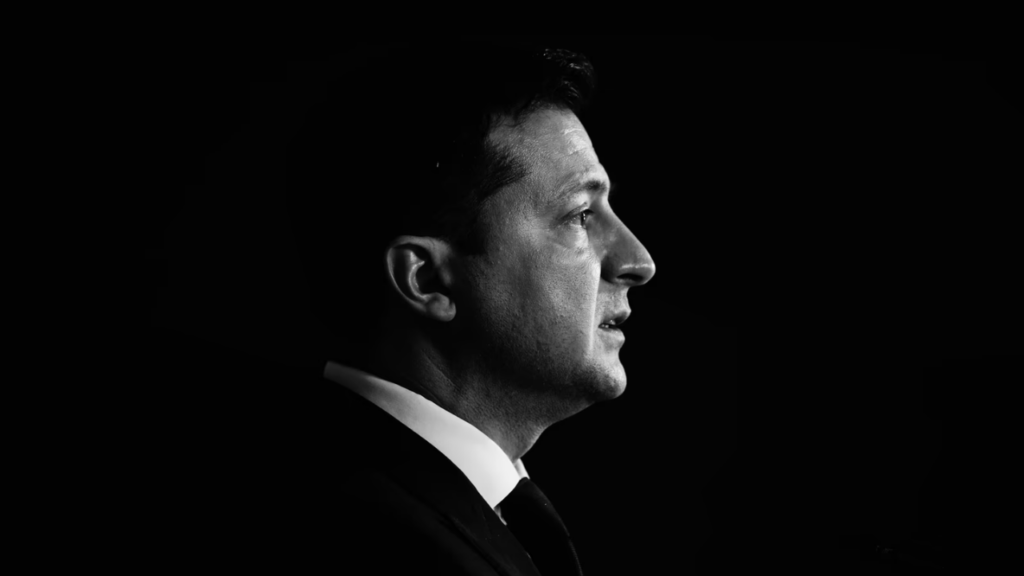This is something peculiar and astonishing. As if the Pentagon leaks weren’t enough to give Ukraine a headache, the European Union has an even bigger announcement to make.
In the current century, there have been three major public disclosures of US intelligence, each revealing critical information. The first, initiated by Chelsea Manning’s WikiLeaks series, exposed the chaos underlying the wars in Iraq and Afghanistan. Edward Snowden’s vast store of information uncovered the US government’s illicit surveillance campaign against its own people.
Recently, another trove of classified material has surfaced, which is the most politically damaging of the three, not for the US, but for its ally Ukraine. According to Pentagon leaks reports, Ukraine is on the brink of a severe air defence crisis. The majority of the nation’s anti-aircraft missiles will soon be destroyed, with a deadline set for the first week of May.
It is no secret that Ukraine has long implored the West for additional air defence systems to counter the prospect of Russian air superiority. An alleged Pentagon presentation from February 28th claims that Ukraine is using up its supply of 200 S-300 missiles and 69 Buk missiles each month at an alarming rate. If this rate of fire continues, the nation will run out of Buk ammunition by the end of the week, and its supply of S-300 weapons by May 3rd.
Now, as we anticipated, Pentagon leaks could be a deliberate, subtle message to allies to withdraw from the war. As it turns out, this appears to be happening, with the European Union announcing today that it is backing out of the conflict. The EU’s actions are speaking louder than words.
Pentagon leaks: The slashing of ammunition
According to a media report by Euractiv, the European Commission is considering reducing its proposed €500 million fund for Ukraine’s short-term joint defence procurement to €250 million, as reported by Euractiv. Three anonymous EU sources suggest that the Commission will prioritize the long-term modernization of Europe’s defence industry instead.
Last July, the EU executive introduced the EDIRPA initiative, which aims to encourage prompt joint procurement of arms by member states to resupply their stockpiles and provide military aid to Ukraine. The current proposal includes a two-year budget of €500 million.
However, during the discussions, the EU had emphasized that if there were any new developments since the initial plan was introduced that make it insufficient in addressing the issue, the Commission might modify the proposal, provided that Member States have not yet given their final approval.
Suddenly, the EU has announced that the regulation has encountered a number of challenges since it was first proposed, leading the Commission to decide to cut the fund in half, from €500 to just €250 million over a year. Delays in negotiations and the introduction of fresh concepts to address critical supply requirements are a couple of examples that the commission has stressed.
Several EU officials have stated that the program’s primary goal, which was the urgent replenishment of stocks and the supply of weapons to Kyiv, will not be achieved. The program was initially proposed to address Ukraine’s urgent defence needs. Moreover, despite the plan’s stalemate over legal definitions, EU nations agreed to send and jointly procure €4 billion worth of ammunition last month, meeting the urgent needs that EDIRPA could have addressed. However, Kyiv’s needs remain urgent, but they are currently focused mainly on ammunition rounds.
Representatives from the defence industry claim that the member states’ preparation of joint procurement projects is also about to be hampered.
Read More: Zelensky says yes to Polish Invasion of Ukraine!
Passing the buck
Although the EU has officially announced its decision, there are instances where member states of Europe seem to be passing the buck for the sudden stoppage. For example, in Poland, according to Polish media reports, France is allegedly opposing an EU decision to finance the delivery of ammunition to Ukraine, a decision that needs approval from all member states.
At the EU summit in March, it was decided to fund the European Union’s delivery of ammunition to Ukraine. However, the project is currently hanging in limbo as the political agreement reached at the summit has not yet been formalized into a binding agreement.
Read More: The BRICS Plan to End NATO’s Reign of Terror via Ukraine
The Russian Advances Continue
The recent news of Ukraine’s potential vulnerability due to the lack of support from its NATO allies, particularly the EU, has come as a shock to many. Since the start of the war, Ukraine has been relying on these alliances to protect itself against Russian aggression.
The EU and its member states have provided direct support to Ukraine worth €50 billion, including approximately €12 billion in military aid. This aid comprised €3.6 billion in EU funds under the European Peace Facility and bilateral support from member states. However, promises made by the EU, including accession to the EU and the provision of more military equipment, are now in a dubious state, leaving Ukraine’s defeat chances rising.
Russia has already captured key Eastern Ukrainian cities, with Bakhmut being the latest casualty. Pentagon Intelligence leaks suggest that more cities may fall in the coming summer months. This situation is further compounded by the upcoming shortage of ammunition, which severely compromises Ukraine’s air defence capabilities and increases the danger they face.
Read More: Forget Ukraine, a Europe-China war is now simmering
Ukrainian President Zelensky finds himself in an almost hopeless situation with no apparent way out, which not only worries the people of Ukraine but also the rest of the world about the nation’s future. How Zelensky will resolve this situation remains a mystery.
However, one thing is certain: once NATO officially withdraws from the conflict, Russian entry into Kyiv would have the same devastating impact as the Taliban’s entry into Kabul.
WATCH:
